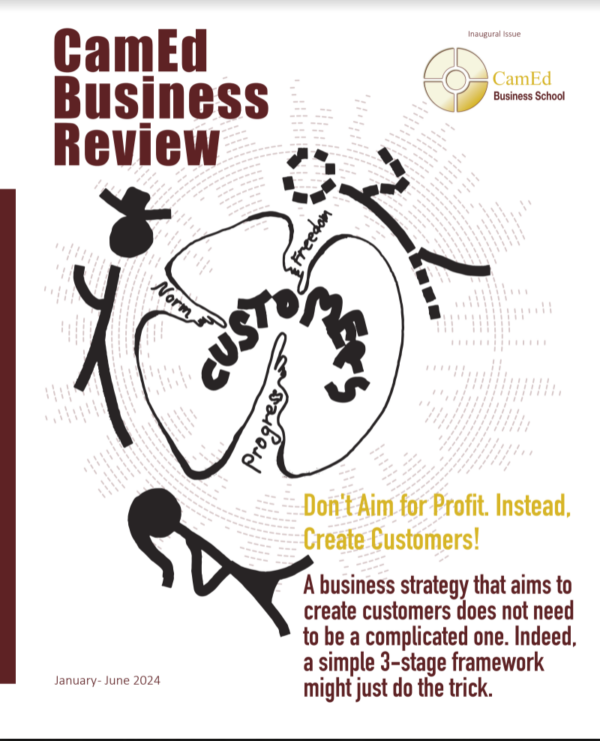Twenty-five years before he was elected president, a certain D.J. Trump appeared at Capitol Hill to complain that Congress had closed too many tax loopholes for the real estate industry2 ; “Real estate really means so many jobs… you create so many other things. They buy carpet. They buy furniture. They buy refrigerators. They buy other things that fuel the economy.” Trump of course famously benefited from a 40-year negotiated property tax abatement when building the Grand Hyatt in New York which at the time was recovering from a painful fiscal crisis. The Trump abatement cost New York City over USD$400 million3 in forgiven, or uncollected, taxes, on a property that cost only USD$120 million to build in 1980. Cut to Sihanoukville, located in Preah Sihanouk Province Cambodia, in 2024 and we find ourselves in familiar territory. A province and city experiencing difficult fiscal times following a recent surge of primarily Chinese led investment in real estate driven by the legalization of the gambling sector that resulted in a short-lived boom period for the construction of casinos and hotels. This all came to a crashing halt with the ban of online gaming in 2019 quickly followed by the outbreak of Covid-19 leaving buildings half-finished and an exodus of Chinese businesses.

